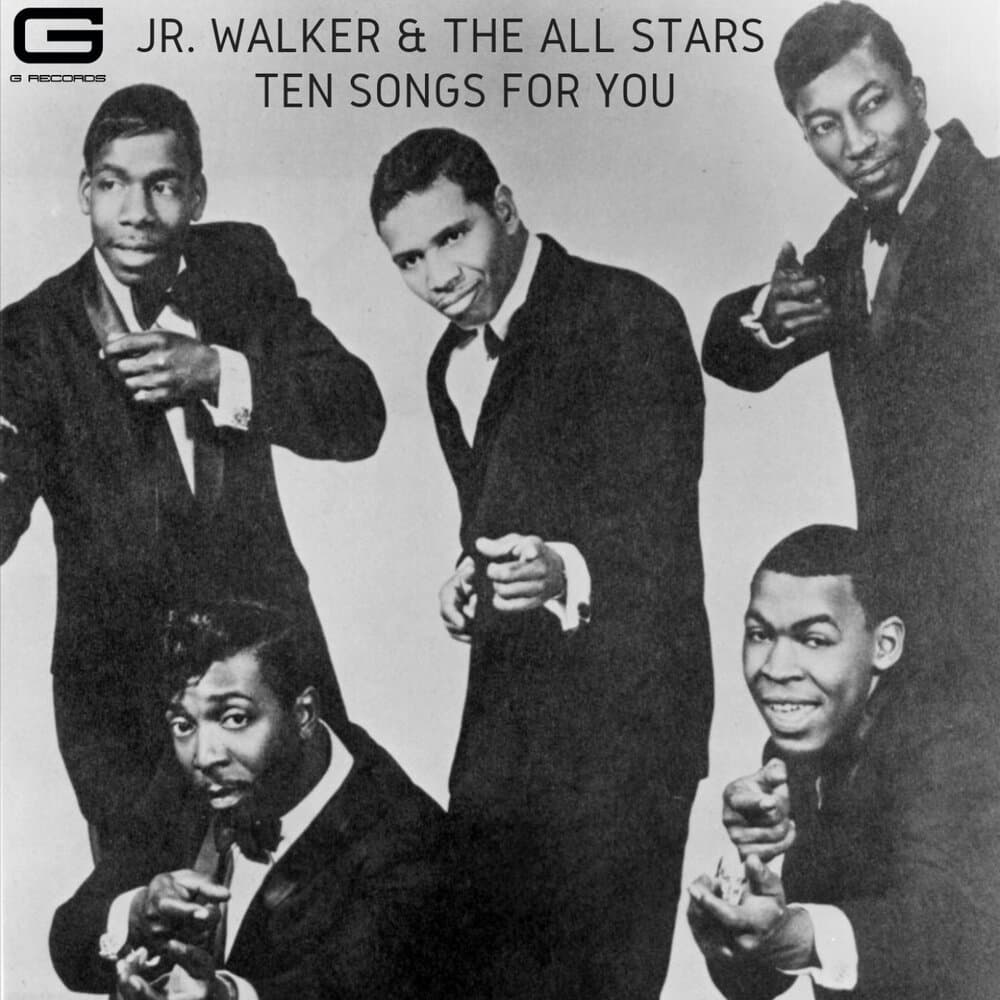
A Soulful, Sax-Driven Reimagining of a Motown Classic
By the time Jr. Walker & The All Stars released their version of “How Sweet It Is (To Be Loved by You)” in 1966, the song was already a beloved Motown standard. Originally written by the legendary songwriting duo Holland–Dozier–Holland, it had been a major hit for Marvin Gaye in 1964, reaching #6 on the Billboard Hot 100 and firmly establishing itself as one of Motown’s signature love songs.
But when Jr. Walker & The All Stars got their hands on it, they transformed the smooth, crooning original into something grittier, rawer, and packed with explosive energy. Where Gaye’s version was sleek and polished, Jr. Walker’s take was a fiery, saxophone-driven explosion of joy, bursting with the kind of raucous spirit that made his music so electrifying.
Walker, a master of the tenor saxophone, was known for blurring the lines between soul, R&B, and rock. His biggest hits—like “Shotgun”, “(I’m A) Road Runner”, and “What Does It Take (To Win Your Love)”—weren’t just songs, they were celebrations, fueled by his wailing sax and gospel-infused vocals. His approach to “How Sweet It Is” followed the same playbook: louder, looser, and livelier.
The song opens with a driving beat and an electrifying sax riff, immediately setting a tone that’s more urgent, more danceable, more alive than the original. Walker’s raspy, impassioned vocals replace Gaye’s silky smooth delivery, giving the lyrics an almost roadhouse blues feel, as if he’s singing from the stage of a packed, sweat-soaked club. The saxophone isn’t just a background instrument—it roars to the forefront, delivering soulful, ecstatic bursts between verses, practically demanding listeners to get up and move.
Despite its undeniable energy, Walker’s version didn’t quite match the commercial success of Marvin Gaye’s original. It made a respectable showing on the R&B charts, but it was clear that, for many listeners, Gaye’s smoother, more romantic take remained the definitive version. Still, Walker’s interpretation carved out its own space in Motown history, offering a grittier alternative that showcased his unparalleled ability to turn anything he touched into a full-blown party.
Over the years, “How Sweet It Is” has been recorded by countless artists—James Taylor’s 1975 soft rock version became another radio favorite, and many soul and R&B artists have paid homage to the song’s infectious groove. But Jr. Walker’s version remains one of the most exciting, a thrilling reminder of why his unique brand of sax-driven soul left such a lasting impact on the Motown sound.
It’s a song that never loses its joy, never fades in energy—a celebration of love, Motown, and the sheer power of music to move people.